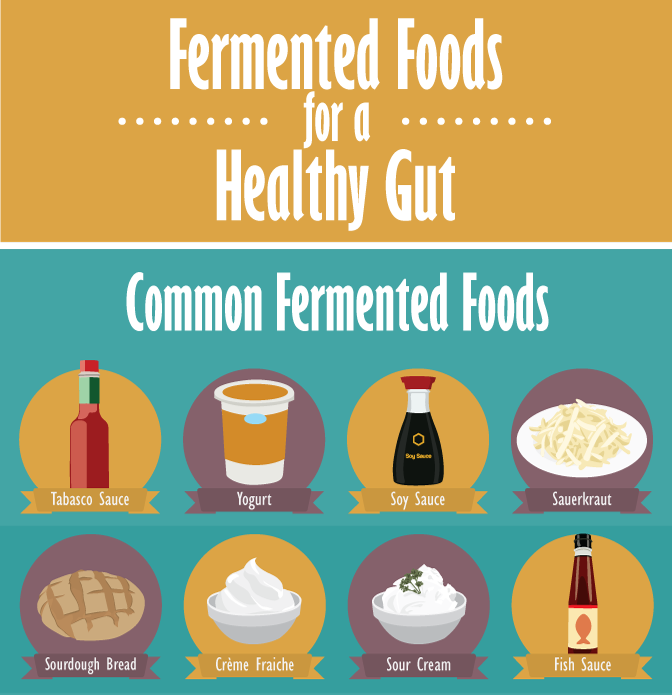How Much Fermented Food For Gut Health

How Much Fermented Food For Gut Health?
Fermented food has been around for thousands of years, being an essential part of many cultures’ diets. This type of food is known to be rich in probiotics, which are beneficial bacteria that can help improve digestive health and boost the immune system. It is also known to have anti-inflammatory benefits. As more people are looking for ways to improve their health, the popularity of fermented food has grown significantly. But how much fermented food should you be eating for optimal gut health?
What is Fermented Food?
Fermented food is food that is prepared by using bacteria, enzymes and other microorganisms to break down the food’s natural sugars and starches. This process creates lactic acid, which preserves the food and also provides it with unique flavors and textures. Some of the most common fermented foods include yogurt, kefir, sauerkraut, kimchi, miso, pickles and kombucha. These types of foods are known to be rich in probiotics, which are beneficial bacteria that can help improve digestive health and boost the immune system.
Benefits of Eating Fermented Food
Eating fermented food can provide a number of benefits for your health. It can help improve digestion, as the probiotics found in fermented foods can help break down food and make it easier for the body to absorb nutrients. Consuming fermented food can also help boost the immune system and reduce inflammation, which can help reduce the risk of certain diseases. It can also improve mental clarity and focus, as well as reduce stress levels.
How Much Fermented Food Should You Eat?
The answer to this question depends on a few factors, such as your age, health and activity level. Generally speaking, the amount of fermented food you should eat depends on the amount of probiotics you need. For most people, a daily serving of fermented food can provide the necessary amount of probiotics for optimal gut health. It is important to note that it may take several weeks for the probiotics to build up in your system, so you may need to increase your intake gradually.
Tips for Incorporating Fermented Foods into Your Diet
Incorporating fermented food into your diet is a great way to improve your overall health. Here are a few tips to help you get started:
- Start slow by adding small portions of fermented food to your meals.
- Choose a variety of fermented foods to get a wide range of probiotics.
- If you are new to fermented food, start with mild-tasting options such as yogurt or kefir.
- Add fermented foods to salads, sandwiches, smoothies or other meals.
Eating the right amount of fermented food can help improve your gut health and provide many other benefits. Remember to start slowly and gradually increase your intake. It may take several weeks for the probiotics to build up in your system, so be patient and give it time.
Global Healing | Pure, Organic Nutritional Supplements | Gut health

Best Fermented Foods For A Healthy Gut [ Infographic]
How To Eat Fermented Foods Daily (And Why They're Sooo Important

6 big benefits of fermented foods for your healthiest gut | Health

Pin on Fermentation

12 Fermented Foods to Add to Your Diet for Gut Health | Fermented foods

Top 7 Fermented Foods for Gut Health - Illness to Ultra

Fermented Foods For A Healthy Gut

Dr. David Williams describes four ways that traditional fermented foods

Top 7 Best Fermented Foods for Gut Health - YouTube
